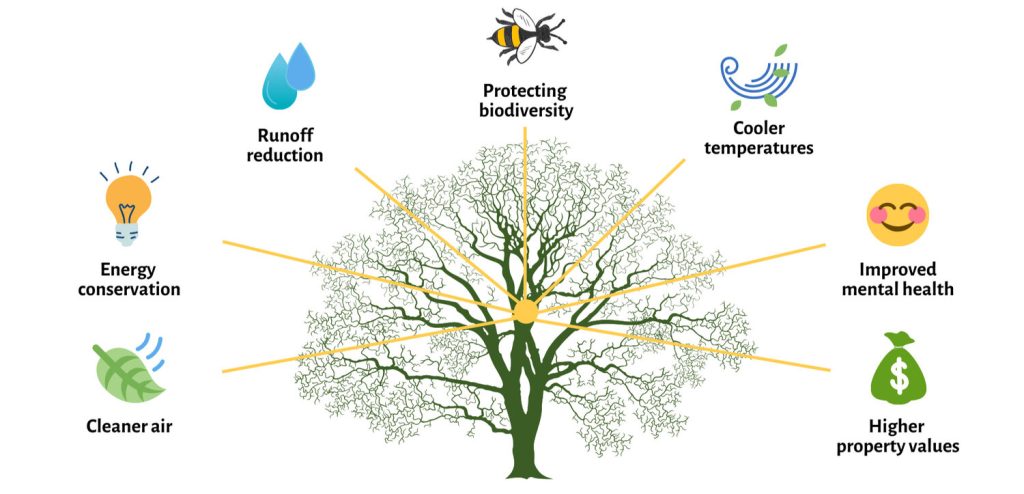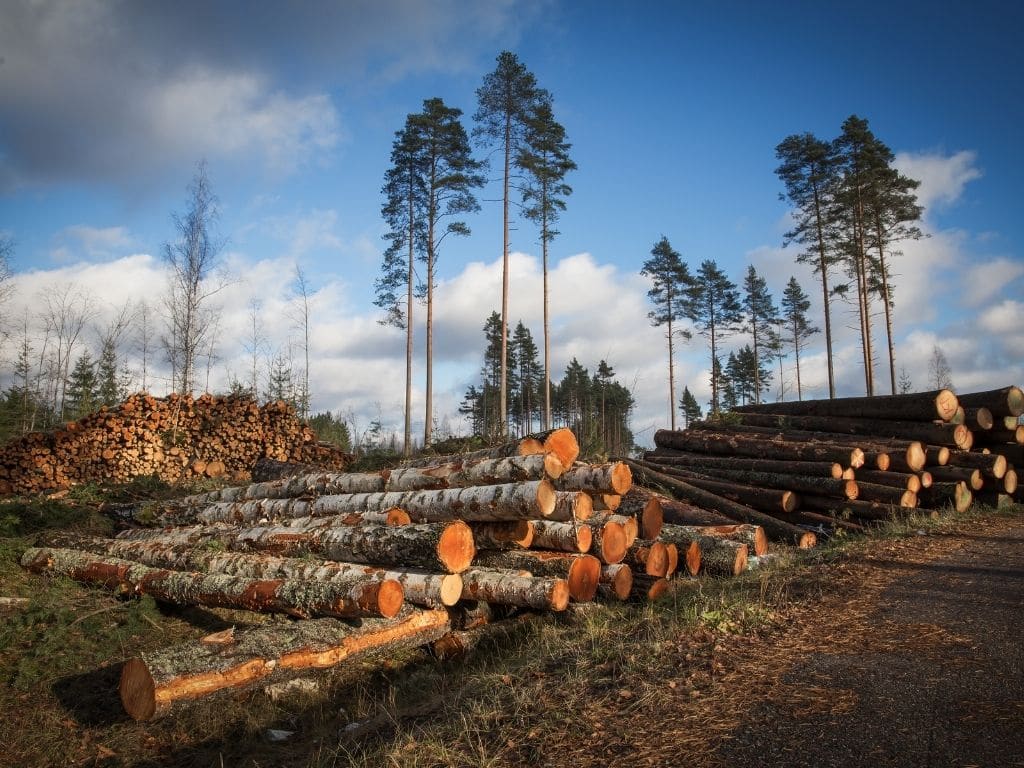Trees are remarkable life forms that have been a part of Earth’s ecosystems for millions of years. They provide countless benefits, not only to the environment but to human civilization and other species as well. These towering giants have an enduring presence, standing as symbols of strength, wisdom, and resilience. In this article, we will explore the importance of trees, their role in sustaining life on Earth, and why protecting them is crucial for the future.
The Ecological Role of Trees
At the heart of any forest or green space, trees serve as the foundation of life. They act as the planet’s natural air filters, absorbing carbon dioxide and releasing oxygen through the process of photosynthesis. Without trees, our planet would be overwhelmed by greenhouse gases, which would accelerate climate change and disrupt ecosystems. The Amazon rainforest, often referred to as the “lungs of the Earth,” produces about 20% of the world’s oxygen, emphasizing the critical role trees play in maintaining the planet’s atmosphere.
Trees are also vital in regulating the water cycle. Their roots absorb water from the soil and release moisture into the atmosphere through transpiration, helping to maintain balanced precipitation levels. Forests prevent soil erosion by stabilizing the ground with their root systems, especially on hillsides and mountains, where landslides can be a significant threat.
Beyond their role in climate regulation, trees provide a habitat for countless species of animals, insects, fungi, and plants. From the smallest microorganisms living in the soil to large mammals like bears and birds of prey, trees create an intricate web of life. A single oak tree can support hundreds of species, providing food, shelter, and nesting areas.

Trees and Human Civilization
For centuries, trees have played an essential role in the development of human civilization. In ancient times, early societies used wood for building shelters, creating tools, and fueling fires. Many early cities and empires were built using timber, and some of the world’s most iconic historical structures, such as Viking longhouses and medieval castles, relied heavily on wood.
Over time, wood became one of the most valuable resources in trade and commerce. From shipbuilding to paper production, trees have been a critical part of human industry. Even today, timber remains a major industry worldwide, with forests supplying everything from construction materials to furniture.
In addition to their practical uses, trees hold deep cultural and spiritual significance in various traditions. For instance, the Bodhi tree is a symbol of enlightenment in Buddhism, as it is under this tree that Siddhartha Gautama attained enlightenment to become the Buddha. Similarly, the oak is often associated with strength and endurance in many cultures, while the willow has been a symbol of mourning and contemplation.

Trees and Modern Environmental Challenges
Despite their immense value, trees are under increasing threat from human activity. Deforestation is one of the biggest environmental challenges today, driven by agriculture, urbanization, and logging. Each year, an estimated 15 billion trees are cut down, significantly reducing forest cover and contributing to biodiversity loss, climate change, and ecosystem degradation.
To combat this, various global initiatives aim to promote reforestation and afforestation—the planting of trees in deforested or barren areas. Reforestation projects, such as the Billion Tree Campaign, work to restore forests and mitigate the effects of climate change by sequestering carbon and restoring natural habitats. Additionally, some cities are taking steps to increase urban tree coverage to improve air quality, reduce the urban heat island effect, and enhance residents’ well-being.

Why Protecting Trees is Essential
The benefits of trees are vast and irreplaceable. They provide clean air, help combat global warming, preserve biodiversity, and enrich human life with beauty and resources. Without trees, ecosystems would collapse, and the effects on climate and humanity would be devastating.
As individuals, we can make small but meaningful contributions by planting trees, supporting conservation efforts, and reducing our consumption of products linked to deforestation. By recognizing the immense value of trees and acting to protect them, we help ensure a sustainable future for generations to come.
Conclusion
Trees are silent giants that have supported life on Earth for millennia. Their ecological, economic, and cultural significance is beyond measure, and they continue to play a crucial role in maintaining balance on our planet. As the challenges of climate change and deforestation become more pressing, the need to preserve and protect trees is more urgent than ever. By understanding and appreciating their value, we can take steps toward a greener, healthier future.














Leave a comment